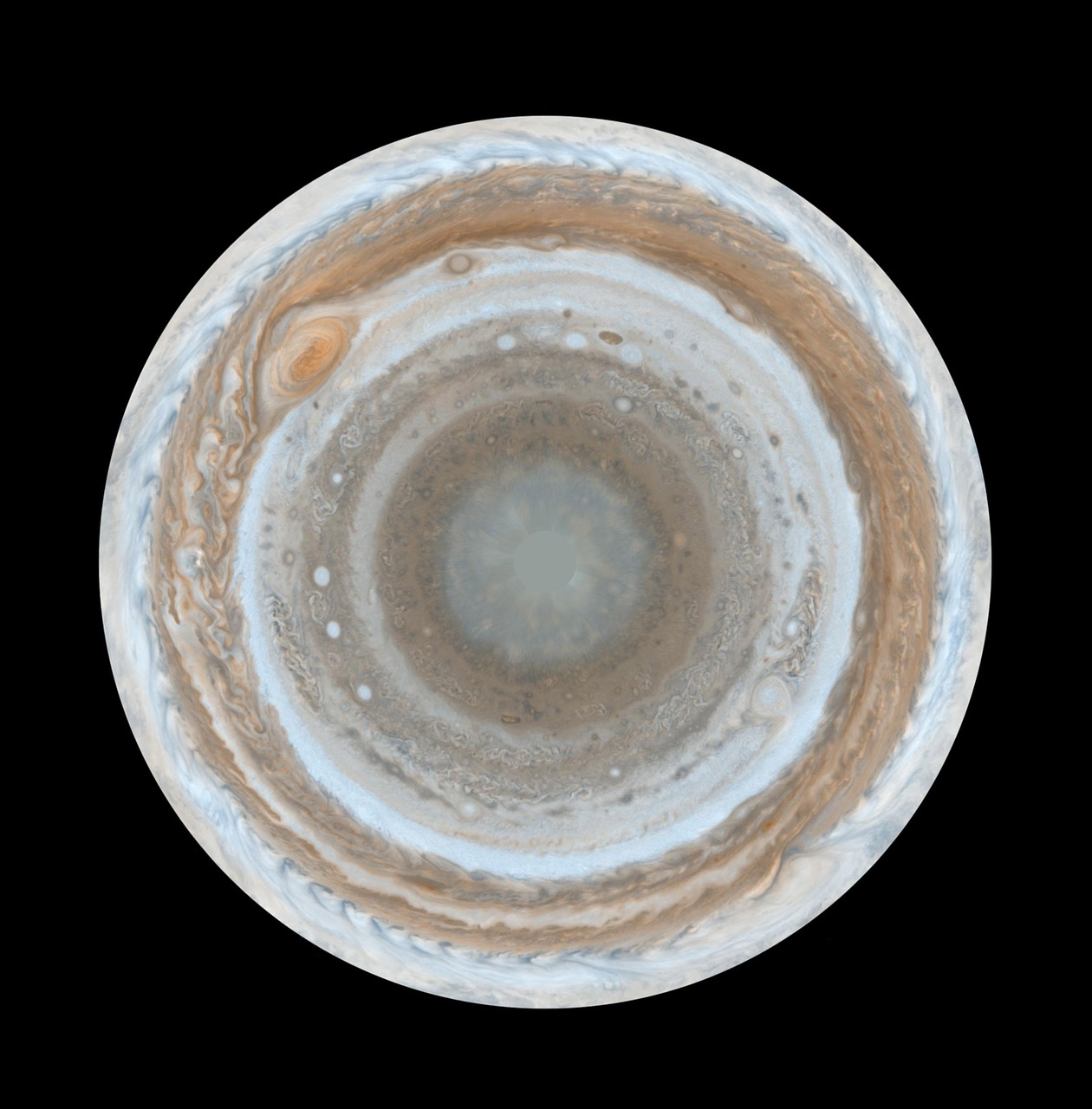The Mighty Jupiter: King of the Roman Gods
Jupiter, known as the god of sky and thunder, is significant in Roman mythology. He is the equivalent of the Greek god Zeus and is sometimes referred to as Jove. Being the chief deity, his influence extends to various aspects of Roman culture and religion. Jupiter is often symbolized by a thunderbolt, with his most notable sacred animal being the eagle, depicted as soaring with a thunderbolt in its claws, a representation commonly seen on coins from both Greek and Roman times.
Origins of the Name
The term “Iuppiter,” derived from Latin, indicates a vocative form meaning “O Father Sky-god,” originating from the Old Latin vocative *Iou combined with “pater,” meaning father. This connection also provides the basis for the phrase “by Jove!” which was historically used in oaths in Roman courts. Additionally, the planet Jupiter bears his name, with the adjective “jovial” initially referring to those believed to have cheerful personalities attributed to being born under Jupiter’s influence. The name also links to the Latin term for Thursday, which was traditionally associated with Jupiter.
Birth and Toppling of Saturn
In Roman lore, Saturn, the previous ruler of the gods, became increasingly fearful of his children. Warned that one would seek to overthrow him, he consumed each offspring upon their birth. However, Ops, Jupiter’s mother, devised a clever plan to save her youngest child. Concealed in Crete, she presented Saturn with a stone swathed in infant clothes, tricking him into believing he had swallowed Jupiter.
Upon growing up, Jupiter realized his destiny involved avenging his siblings and dethroning Saturn. He caused Saturn to regurgitate the siblings—the very ones he had swallowed. Uniting with these released siblings, they successfully overthrew their father.
The Titan Conflict
Jupiter’s ascent to power did not stop there—he engaged in battle against Saturn and the other Titans, supported by powerful allies: the Cyclopes and the Hundred-Handed Giants. In the end, he emerged victorious over the Titans, who were subsequently imprisoned in Tartarus, solidifying his reign as the supreme god.
Division of the Realms
With authority established, Jupiter and his brothers partitioned the cosmos among themselves: Jupiter claimed the sky, Neptune the seas, and Pluto the underworld. This division marked Jupiter’s role as the paramount deity among the Roman pantheon.
Worship and Significance
Jupiter was traditionally worshipped in the grand Temple of Jupiter Optimus Maximus located on the Capitoline Hill in Rome. This prominent structure, attributed to King Tarquinius Priscus and completed under Tarquinius Superbus, was inaugurated during the dawn of the Roman Republic in 509 BC. It showcased statues, including a grand depiction of Jupiter, who was honored with sacrifices, particularly a white bull during festivals to maintain divine favor.
As a symbol of authority, Jupiter played a crucial role in the functioning of the Roman state. His image adorned the Capitol, representative of the highest offices of Rome and associated with the highest honors of the republic. Officials, including consuls, took oaths invoking his name and offered sacrifices to express gratitude for his guidance and support.
Conclusion
Jupiter serves as a powerful figure in mythology and governance within the ancient Roman world. Revered and idolized, his character shaped the trajectory of numerous Roman customs and beliefs, ensuring his legacy as an embodiment of divine strength and authority.



